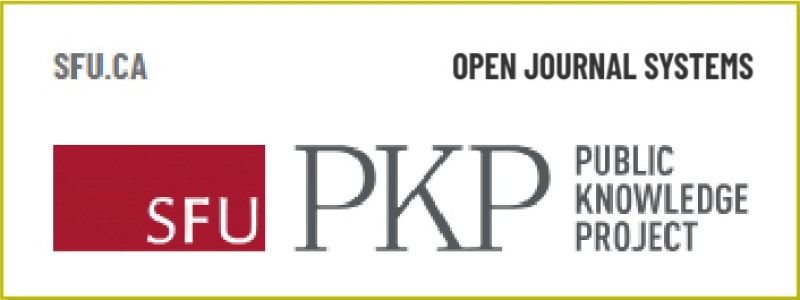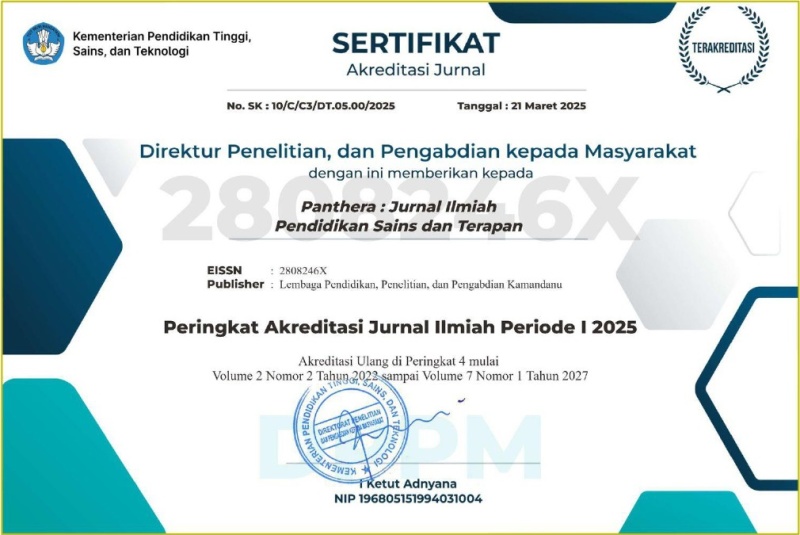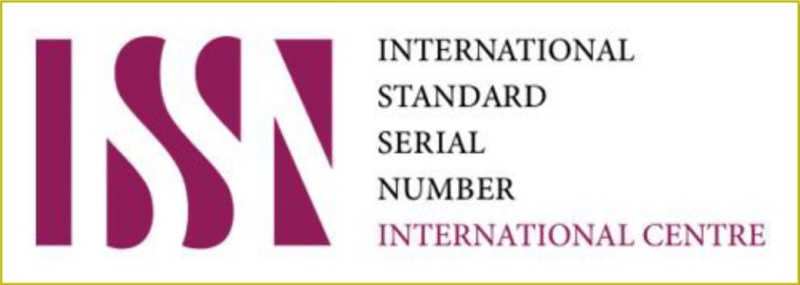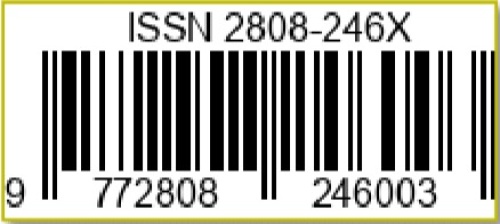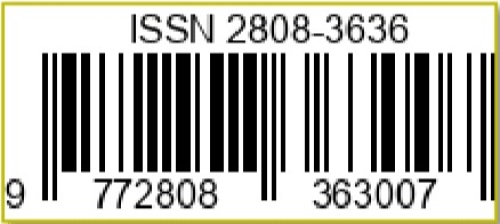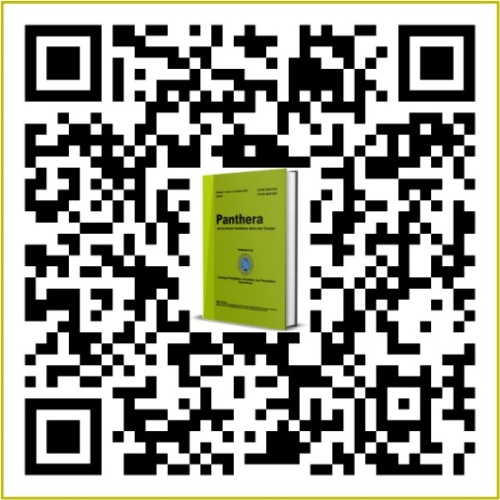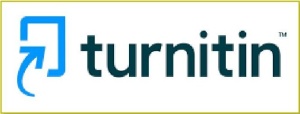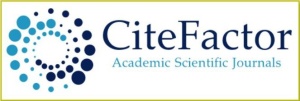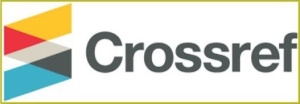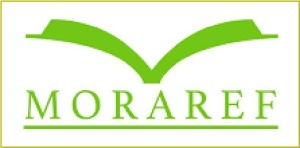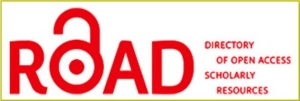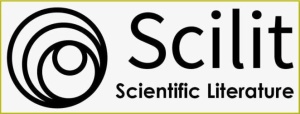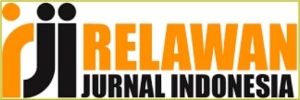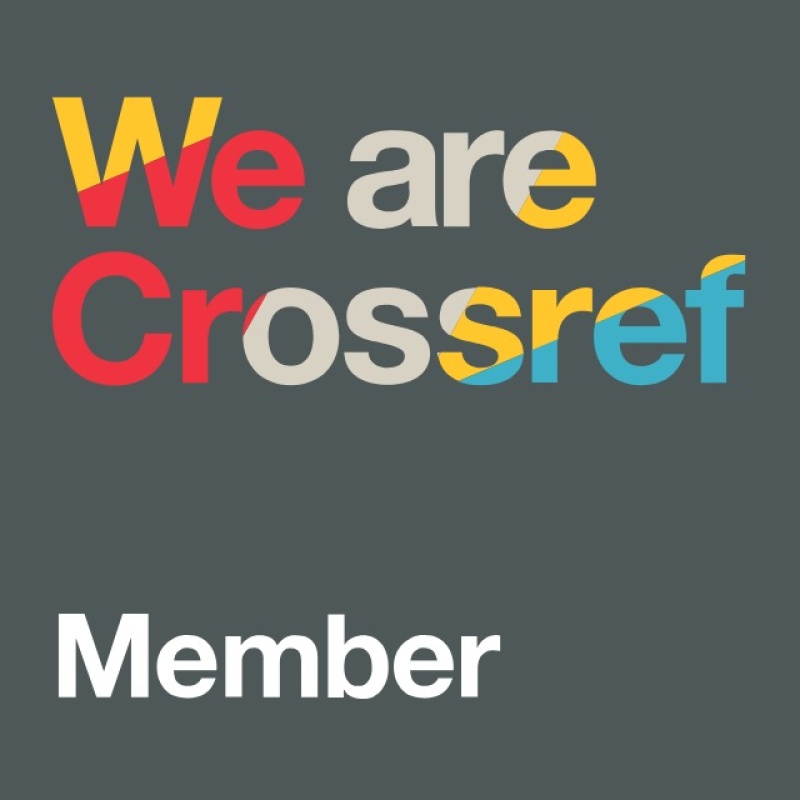Perbedaan Hasil Belajar Kognitif Siswa Berdasarkan Gender Melalui Penerapan Model Pembelajaran Kooperatif Berbasis Kolaboratif Sainstifik
DOI:
https://doi.org/10.36312/pjipst.v2i3.39Keywords:
Cognitive Learning Outcomes, Gender, Scientific Collaboration.Abstract
The purpose of this study was to describe students' cognitive learning outcomes based on gender differences through the application of a scientific collaborative-based cooperative learning model at SMP Darul Hikmah Mataram. This research is a pre-experimental research with a one-shot case study design. The instrument used in this study was a cognitive learning outcome test. Further processed using quantitative descriptive analysis techniques. The results showed that the average cognitive learning outcomes of students was 66.74. Based on gender, the learning outcomes of male students were 49.1, while female students were 50.4. This shows that the cognitive learning outcomes of female students are higher than that of male students through the application of a scientific collaborative-based cooperative learning model.
Downloads
References
Amedu, O. I. (2015). The Effect of Gender on the Achievement of Students in Biology Using the Jigsaw Method. Journal of Education and Practice, 6(17), 176-179.
Coskun, L. (2014). The Girls are Better at Language Learning: A Comparative Approach. Journal of Educational and Social Research, 4(2), 17-21. https://doi.org/10.5901/jesr.2014.v4n2p17
Ekiz, S., & Kulmetov, Z. (2016). The Factor Affecting Learning’ Motivasi in English Language Education. Jurnal of Foreign Language Education and Technology, 1(1), 18-38.
Fiteriani, I., & Baharudin. (2017). Analisis Perbedaan Hasil Belajar Kognitif Menggunakan Metode Pembelajaran Kooperatif yang Berkombinasi pada Materi IPA di MIN Bandar Lampung. Terampil : Jurnal Pendidikan dan Pembelajaran Dasar, 4(2), 1-30. https://doi.org/10.24042/terampil.v4i2.2224
Jamaris, M. (2013). Orientasi Baru dalam Psikologi Pendidikan. Bogor: Ghalia Indonesia.
Jarre, A. R., & Bachtiar, S. (2017). Aktivitas dan Hasil Belajar Kognitif Siswa Meningkat Melalui Penerapan Model Jigsaw. Jurnal Biologi dan Pembelajarannya, 4(1), 26-33. https://doi.org/10.29407/jbp.v4i1.672
Khaleel, M. (2017). Female Students are More Likely to Get Higher Grades than Male Students. International Journal of Scientific and Research Publications, 7(3), 378-386.
Mølstad, C. E., & Karseth, B. (2016). National Curricula in Norway and Finland: The Role of Learning Outcomes. European Educational Research Journal, 15(3), 329-344. https://doi.org/10.1177/1474904116639311
Muspiroh, N. (2020). Perbedaan Hasil Belajar Peserta Didik Berdasarkan Gender pada Mata Pelajaran Biologi. Equalita : Jurnal Studi Gender dan Anak, 2(1), 48-57. https://doi.org/10.24235/equalita.v2i1.7055
Nurhasanah, S., & Sobandi, A. (2016). Minat Belajar sebagai Determinan Hasil Belajar Siswa. Jurnal Pendidikan Manajemen Perkantoran, 1(1), 128-135. https://doi.org/10.17509/jpm.v1i1.3264
S, O. F., & Winata, H. (2018). Regulasi Diri (Pengaturan Diri) sebagai Determinan Hasil Belajar Siswa Sekolah Menengah Kejuruan. Jurnal Pendidikan Manajeman Perkantoran, 3(1), 36-43. https://doi.org/10.17509/jpm.v3i1.9454
Saraswati, E. (2015). Perbedaan Hasil Belajar Siswa Laki-laki dan Perempuan dalam Mata Pelajaran Matematika kelas III semester 2 Materi Sudut dan Pecahan di SD Negeri se-Desa Caturharjo, Kecamatan Sleman Kabupaten Sleman. Skripsi. Universitas Negeri Yogyakarta.
Sriwahyuningsih, D., Ahzan, S., & Habiburrahman, L. (2018). Pengaruh Model Pembelajaran Koperatif Tipe Make a Macth dengan Permainan Ranking One Physical terhadap Motivasi dan Hasil Belajar Siswa. Jurnal Penelitian dan Pengkajian Ilmu Pendidikan : E-Saintika, 2(1), 29-35. https://doi.org/10.36312/e-saintika.v2i1.109
Sugiyono. (2013). Metode Penelitian Pendidikan Kuantitatif, Kualitatif, R&D. Bandung: CV. Alfabeta.
Zamsir., Masi, L., & Fajrin, P. (2015). Pengaruh Motivasi Belajar terhadap Hasil Belajar Matematika Siswa SMPN 1 Lawa. Jurnal Pendidikan Matematika, 6(2), 170-181. http://dx.doi.org/10.36709/jpm.v6i2.2070

Downloads
Published
How to Cite
Issue
Section
License
Copyright (c) 2022 Syafaruddin, Ika Nurani Dewi, & Septiana Dwi Utami

This work is licensed under a Creative Commons Attribution-ShareAlike 4.0 International License.
-
Attribution — You must give appropriate credit, provide a link to the license, and indicate if changes were made. You may do so in any reasonable manner, but not in any way that suggests the licensor endorses you or your use.
-
ShareAlike — If you remix, transform, or build upon the material, you must distribute your contributions under the same license as the original.

